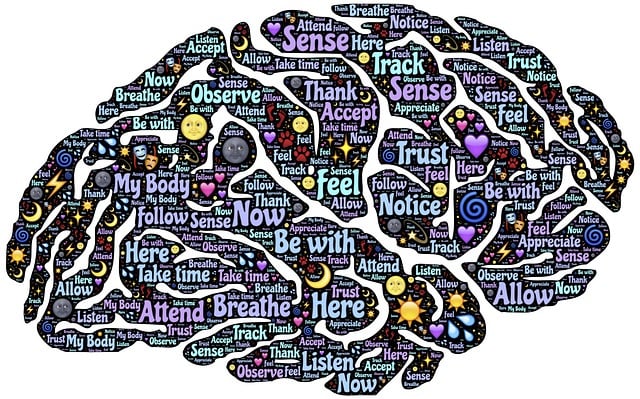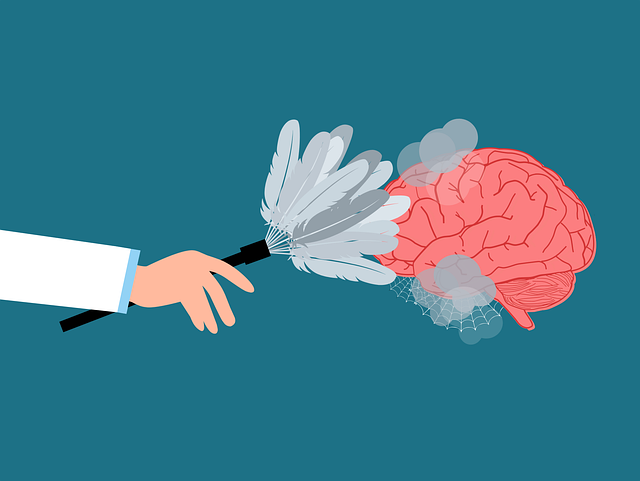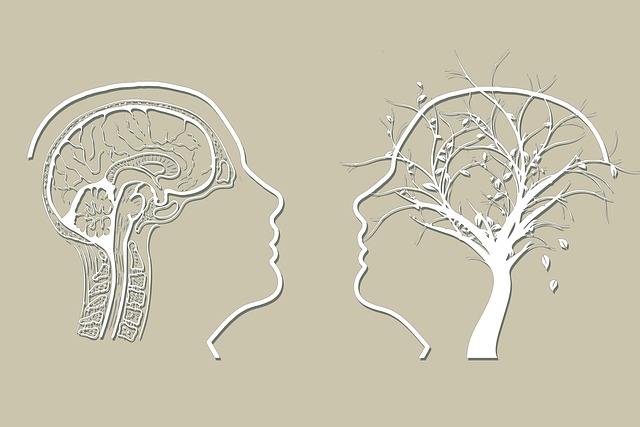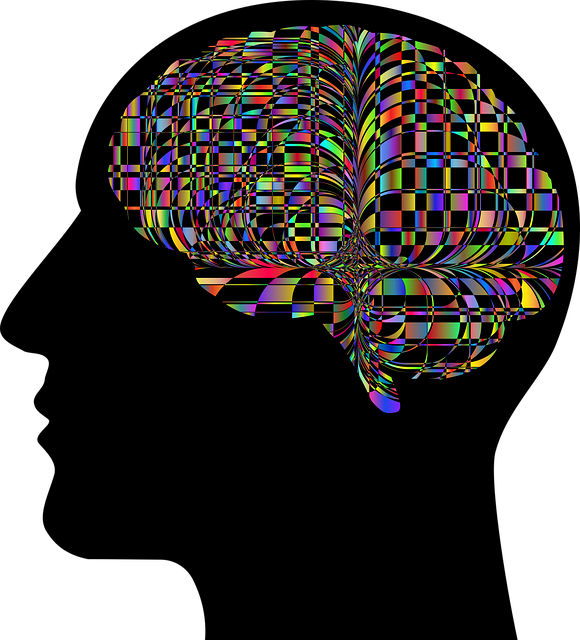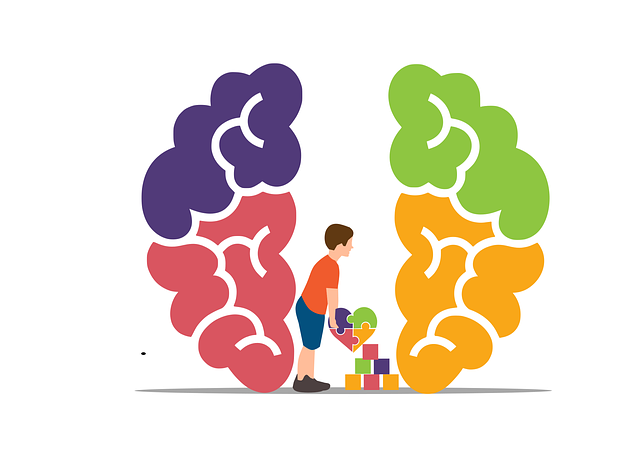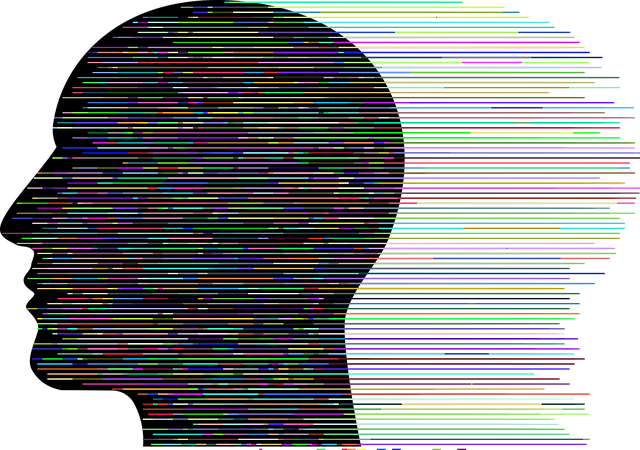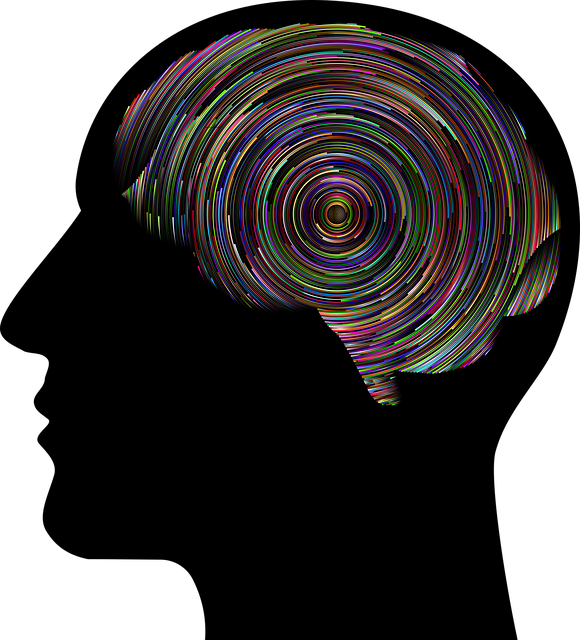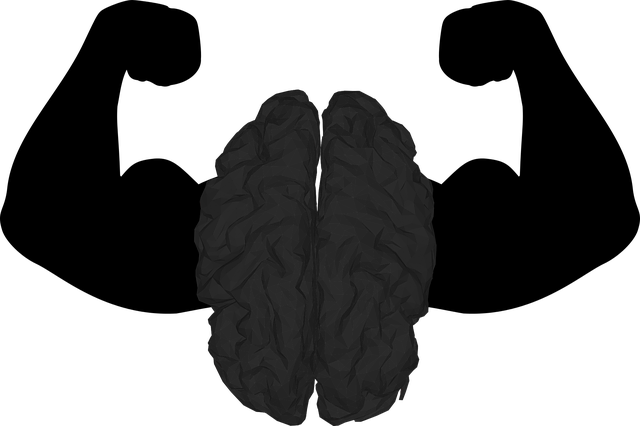Mental health professionals specializing in therapy for young adults face unique challenges when working with clients experiencing Functional Neurological Disorder (FND), which can severely impact emotional regulation, cognitive abilities, and daily life. Effective risk assessment involves exploring symptoms like dissociation, sensory processing difficulties, and motor issues through open dialogue, while mental health awareness helps professionals interpret non-verbal cues. A holistic approach, including tailored therapy sessions and self-care practices, promotes recovery and enhances quality of life for this vulnerable group, preventing burnout among therapists. Specialized techniques empower young adults with FND to cope, benefiting both therapy and broader initiatives like podcast series production or community outreach.
Mental health professionals face unique challenges when assessing and treating young adults with Functional Neurological Disorder (FND). This complex condition, characterized by persistent physical symptoms without organic cause, demands a specialized approach. This article delves into identifying risks specific to this demographic, including the impact of FND on mental health and therapy. It explores comprehensive risk assessment strategies, emphasizing tools and techniques for thorough evaluation with FND-specific considerations. Additionally, it discusses mitigating risks through tailored therapy plans that promote resilience in young adult patients diagnosed with FND.
- Identifying Risks Specific to Young Adult Functional Neurological Disorder
- – Unique challenges faced by this demographic
- – Impact of FND on mental health and therapy
Identifying Risks Specific to Young Adult Functional Neurological Disorder

Identifying risks specific to young adults with Functional Neurological Disorder (FND) is paramount for mental health professionals. This population often faces unique challenges that may not be immediately apparent, such as cognitive and sensory impairments affecting daily functioning and social interactions. Understanding these nuances is crucial for tailoring effective therapy for young adults with FND.
Effective risk assessment involves delving into the patient’s experience of symptoms like dissociation, sensory processing difficulties, and motor issues. Communication strategies that foster open dialogue about these experiences are key. Mental health awareness and emotional intelligence can enable professionals to interpret non-verbal cues and subtle changes in behavior, enhancing support for young adults navigating their FND. This holistic approach ensures therapy aligns with the patient’s evolving needs, promoting recovery and improving quality of life.
– Unique challenges faced by this demographic

Mental health professionals, particularly those specializing in therapy for young adults, encounter unique challenges that demand specialized attention and support. This demographic often finds themselves navigating complex issues, such as functional neurological disorders (FND), which manifest as a mix of physical and psychological symptoms. The nature of their work exposes them to intense emotional landscapes, from managing clients’ trauma and stress to facilitating conflict resolution techniques in therapeutic settings.
These professionals require robust coping mechanisms and self-care practices due to the high-stress nature of their jobs. Effective trauma support services and tools for stress management are essential to prevent burnout and ensure they can continue offering quality care. By prioritizing their mental well-being, therapists can enhance their ability to connect with clients, foster meaningful therapy sessions, and ultimately contribute to positive mental health outcomes in young adults.
– Impact of FND on mental health and therapy

Functional Neurological Disorder (FND) presents unique challenges for mental health professionals when assessing and treating young adults. This complex condition can significantly impact an individual’s mental wellness, disrupting their emotional regulation, cognitive abilities, and overall sense of well-being. FND often manifests as a wide range of symptoms, from severe anxiety and panic attacks to motor dysfunction, leading to difficulties in engaging in everyday activities and social interactions. As such, therapists must tailor their approach to accommodate these unique presentation styles.
In the context of therapy for young adults, understanding FND is crucial. Mental health professionals can play a vital role in helping clients develop coping skills tailored to their specific needs. Through specialized techniques and strategies, therapists can enable individuals to navigate the complexities of FND while fostering mental wellness. The impact extends beyond individual therapy sessions; it influences the overall success of programs like the Mental Wellness Podcast Series Production or Community Outreach Program Implementation, ensuring a holistic support system for those affected by this enigmatic disorder.
Mental health professionals play a vital role in supporting individuals affected by Functional Neurological Disorders (FND), particularly young adults. By understanding the unique risks and challenges associated with FND, such as its impact on daily functioning and therapy engagement, practitioners can enhance their assessment and treatment approaches. This personalized care is crucial for improving outcomes and fostering resilience among this demographic. Additionally, recognizing the importance of early intervention and access to specialized therapy for young adults functional neurological disorder can significantly mitigate potential long-term consequences.

